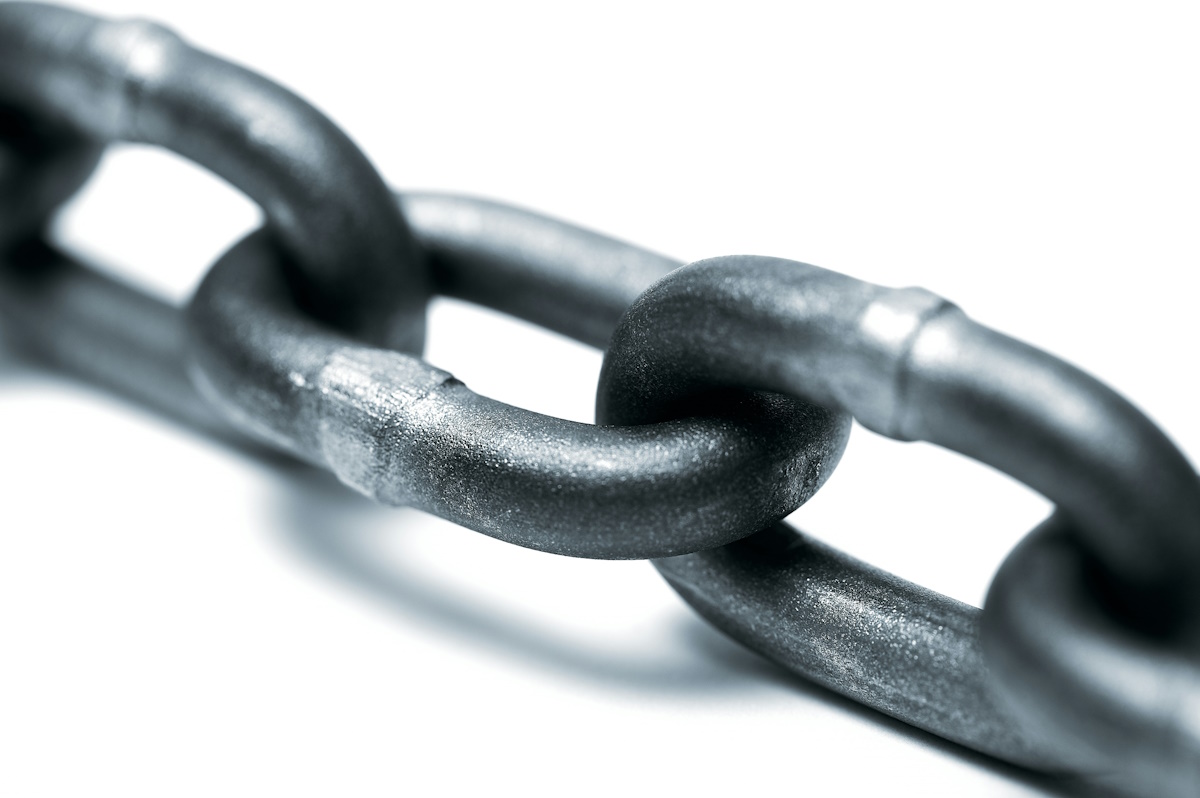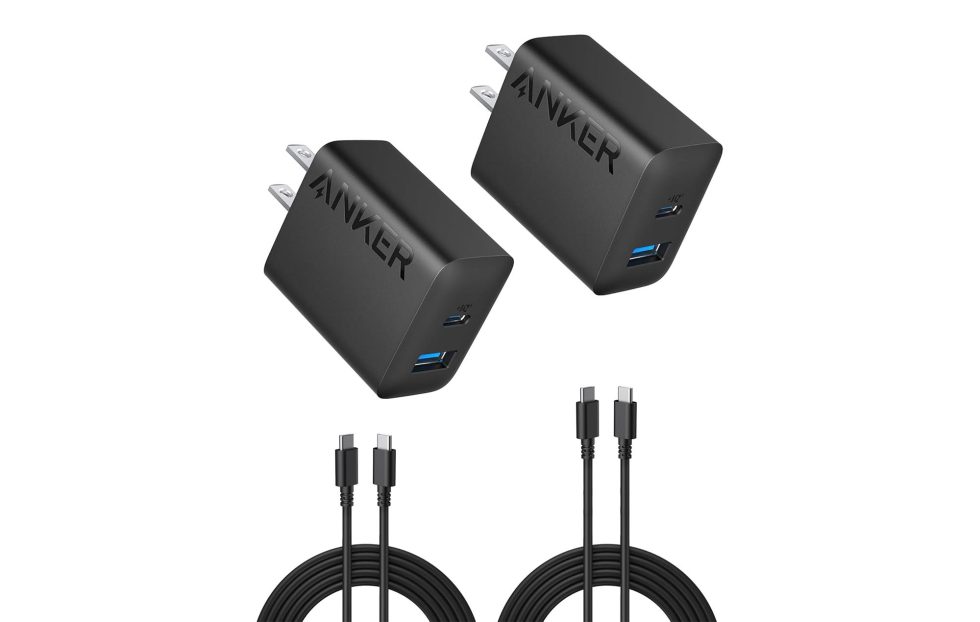Piracy Shield: European Commission Urged to Assess Legality Under EU Law
Expressing grave concerns over Italy's Piracy Shield system, this January tech and telecoms advocacy group CCIA urged the government to withdraw planned legislation and engage TRIS, an EU procedure which aims to prevent internal market barriers. In a newly submitted contribution under TRIS, CCIA urges the European Commission to issue a detailed opinion to ensure Piracy Shield's compatibility with EU law. From: TF, for the latest news on copyright battles, piracy and more.

 Praised by major rightsholders as progress in the fight against piracy, Italy’s Piracy Shield system made headlines for all the wrong reasons.
Praised by major rightsholders as progress in the fight against piracy, Italy’s Piracy Shield system made headlines for all the wrong reasons.
Authorized under new legislation and promoted as a killer blow to piracy of live sports, Piracy Shield’s launch soon descended into a series of overblocking blunders and international news headlines. Realization that Piracy Shield was incapable of living up to the hype, led to legal amendments that contained direct threats against the tech sector.
CCIA Intervenes On Behalf of the Tech Sector
The Computer & Communications Industry Association (CCIA) represents global tech giants including Amazon, Apple, Cloudflare, Google, and Meta, among others. In a January 2025 letter to the EU Commission, CCIA acknowledged that Piracy Shield exists to protect rightsholders but warned that the blocking mechanism is a “blunt instrument” that threatens businesses and the public alike.
When telecoms regulator AGCOM launched a public consultation on proposed amendments to copyright regulations and Piracy Shield’s operations, CCIA took the opportunity to restate its concerns. Highlighting the risk of overblocking, CCIA turned to the blocking requests made by rightsholders and a requirement under Italian law to execute them within 30 minutes.
“[W]e believe that the Piracy Shield poses significant risks to the principles of freedom of enterprise expression, as established by European and Italian law,” CCIA wrote.
CCIA Urges European Commission to Intervene
After months of engagement, including its letter to the European Commission back in January, CCIA’s latest submission calls on the Commission to seize the opportunity to publish a detailed opinion to address Piracy Shield’s apparent incompatibility with EU law.
CCIA’s submission to AGCOM begins by highlighting the proposed amendments.
“The Piracy Shield allows copyright holders to request site-blocking orders to be executed within 30 minutes, with limited transparency or recourse for affected parties.
“These amendments, most notably changes to Article 10 and Article 8 (3-bis) of the Regulation, further consolidate the Shield’s role, including extraterritorial content-removal capabilities without clear coordination with EU law, particularly the Digital Services Act (DSA),” CCIA’s submission reads.
“Given the serious implications of these proposals for the EU internal market, the freedom to provide cross-border services, and fundamental rights such as freedom of expression and due process, CCIA Europe urges the Commission to issue a detailed opinion under the TRIS procedure.”
TRIS – Prevention of Technical Barriers to Trade
One of the basic principles of the European Union is an internal market that embraces the free movement of people, goods, services, and capital. Mechanisms that restrict or have the effect of restricting such movement, may create prohibited ‘internal frontiers’.
The aim of the TRIS procedure (Directive 2015/1535) is to identify and prevent the appearance of internal barriers before they can have a negative effect on the market. Under TRIS, notifications sent to the European Commission may lead to a legal analysis in light of EU law.
CCIA’s submission draws attention to key issues that it believes should be assessed by the Commission, summarized as follows:
Lack of procedural safeguards and transparency in the Piracy Shield platform
• Blocking requests processed automatically, does not seem AGCOM checks for accuracy.
• No meaningful opportunity to contest blocking orders before enforcement.
• No independent review or appeal mechanism that operates in a timely manner.
• Piracy Shield technical specs and operational protocols have never been made public.
• Development and governance lacked stakeholder inclusivity.
• Platform incompatible with principles of proportionality and due process
Risk of overblocking and collateral damage covers known incidents of overblocking, including the event that caused a widespread outage of Google Drive and the blocking of shared IP addresses at Cloudflare.
In general, blocking of shared IP addresses “poses a high risk of unjustified interference with lawful online content and services” while domain name blocking “heightens the potential for overreach and content censorship, particularly when a single domain may host a mix [of] infringing and non-infringing content.”
Questionable legal basis for cross-border removal
AGCOM’s new proposal introduces a provision empowering itself to issue orders for the removal of content hosted in other EU Member States, vaguely referring to the Digital Services Act (DSA) as a legal basis. This raises several concerns:
• The DSA provides for structured cross-border cooperation mechanisms and does not grant national authorities carte blanche to take direct enforcement action against hosting services in other Member States.
• The proposal lacks clarity on which provisions of the DSA are being invoked and how these powers align with Articles 8 and 9 of the DSA, which govern the issuance and enforcement of orders to act against illegal content.
• This extraterritorial enforcement risks undermining the DSA’s country-of-origin principle and creates legal uncertainty for service providers operating across the EU.
The final section in the submission titled Ineffectiveness of network-level blocking notes that blocking is easily circumvented and does not remove any infringing content from the internet. Blocking can also “serve to obscure” rather than address the root causes of piracy. Overall, better options exist.
That leads CCIA to its conclusions and a brief summary of its key points and concerns.
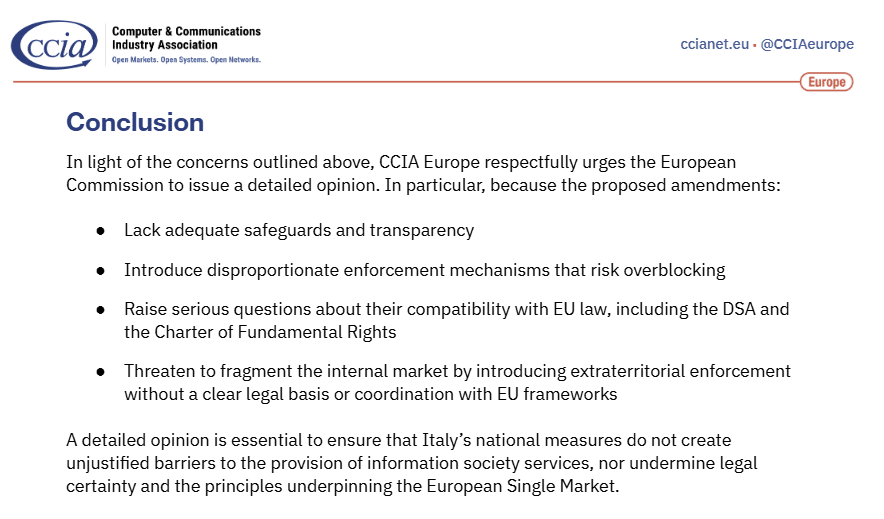
No timeline is mentioned in respect of a decision for or against an assessment, or how long a subsequent opinion could take to arrive.
The full CCIA submission is available here (pdf)
From: TF, for the latest news on copyright battles, piracy and more.




















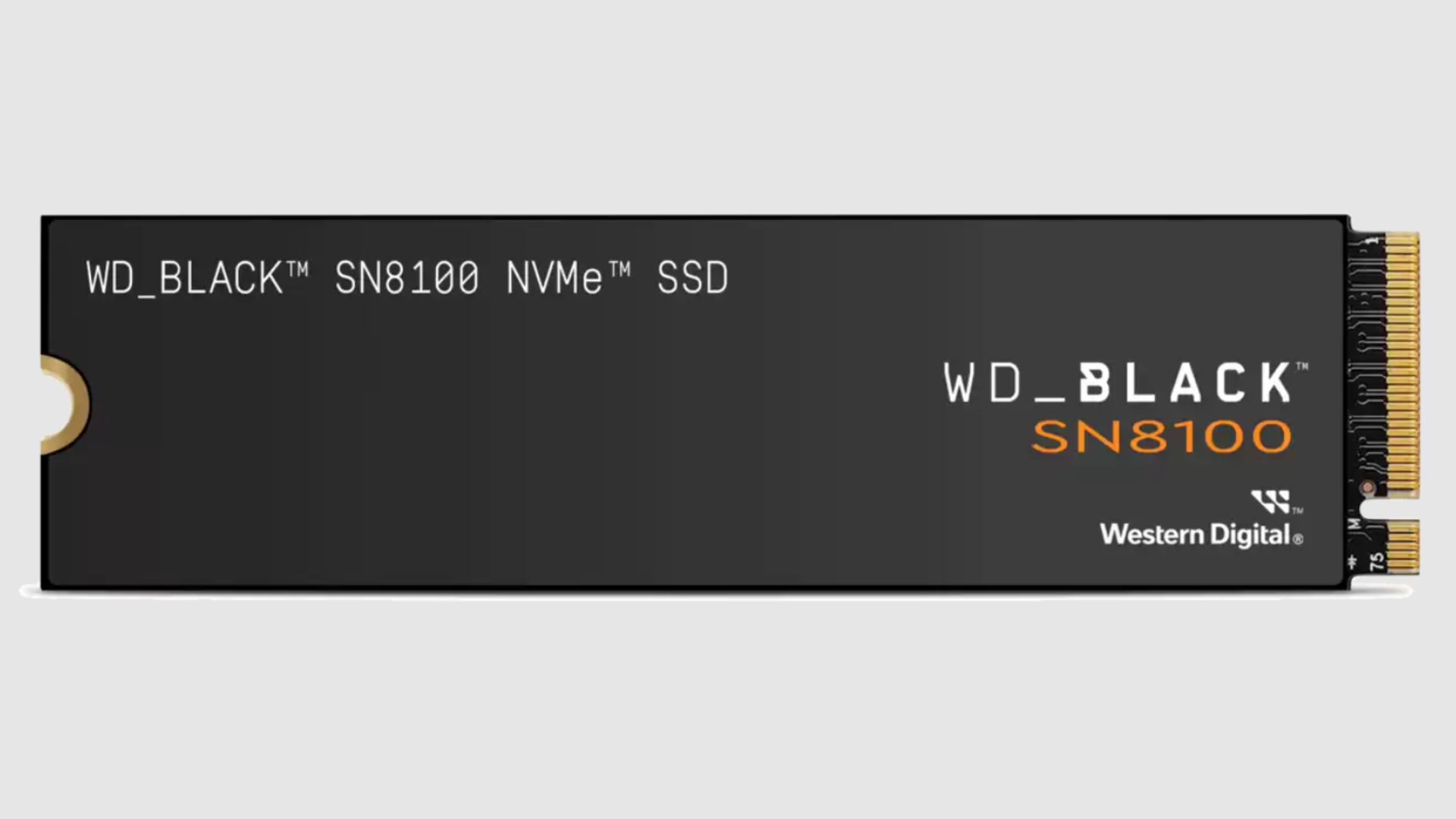









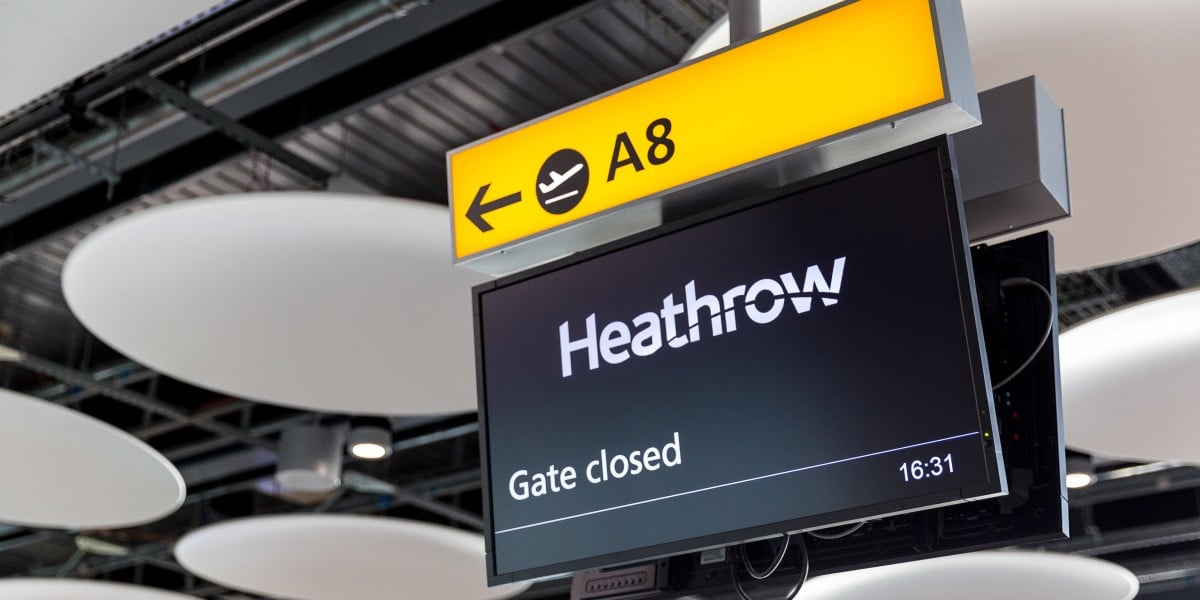
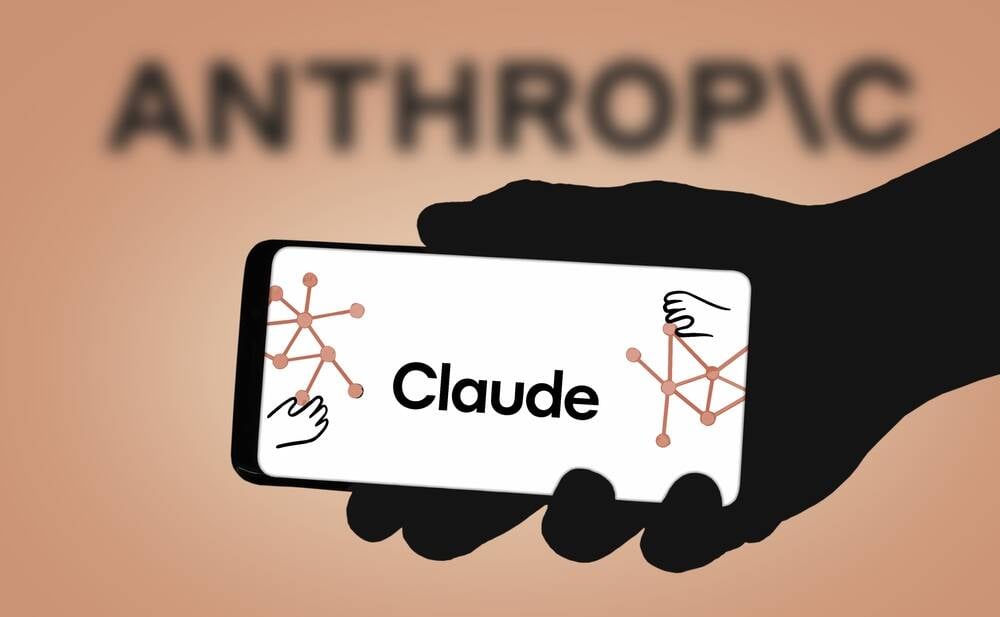




































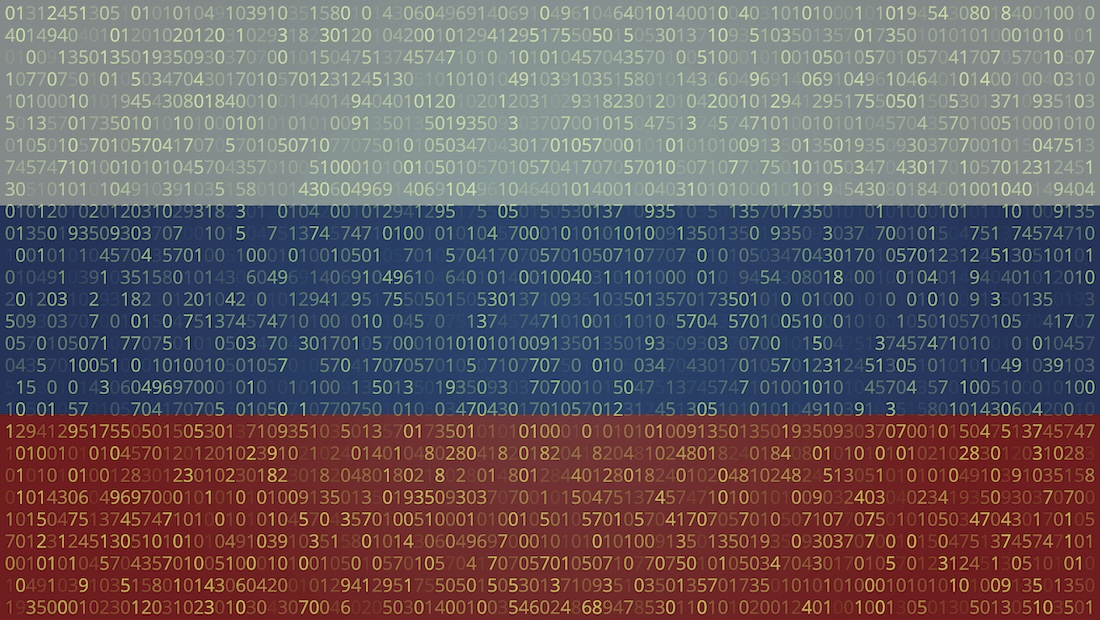

















































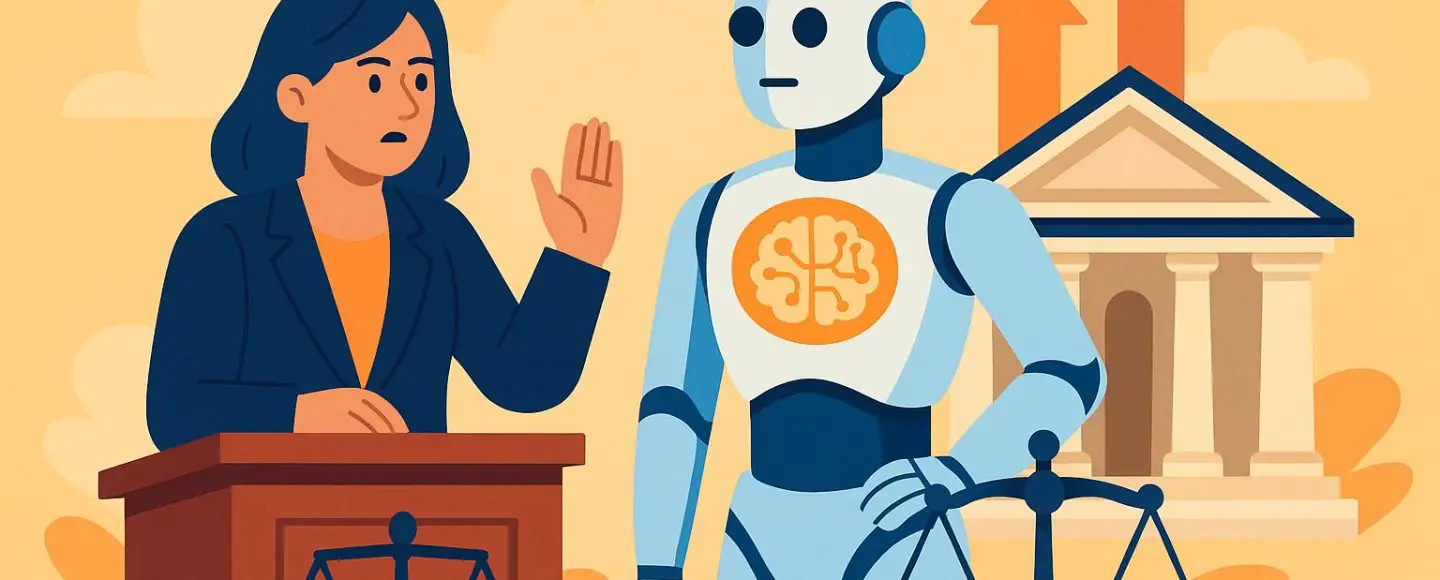
























































![[The AI Show Episode 148]: Microsoft’s Quiet AI Layoffs, US Copyright Office’s Bombshell AI Guidance, 2025 State of Marketing AI Report, and OpenAI Codex](https://www.marketingaiinstitute.com/hubfs/ep%20148%20cover%20%281%29.png)


![[The AI Show Episode 146]: Rise of “AI-First” Companies, AI Job Disruption, GPT-4o Update Gets Rolled Back, How Big Consulting Firms Use AI, and Meta AI App](https://www.marketingaiinstitute.com/hubfs/ep%20146%20cover.png)








































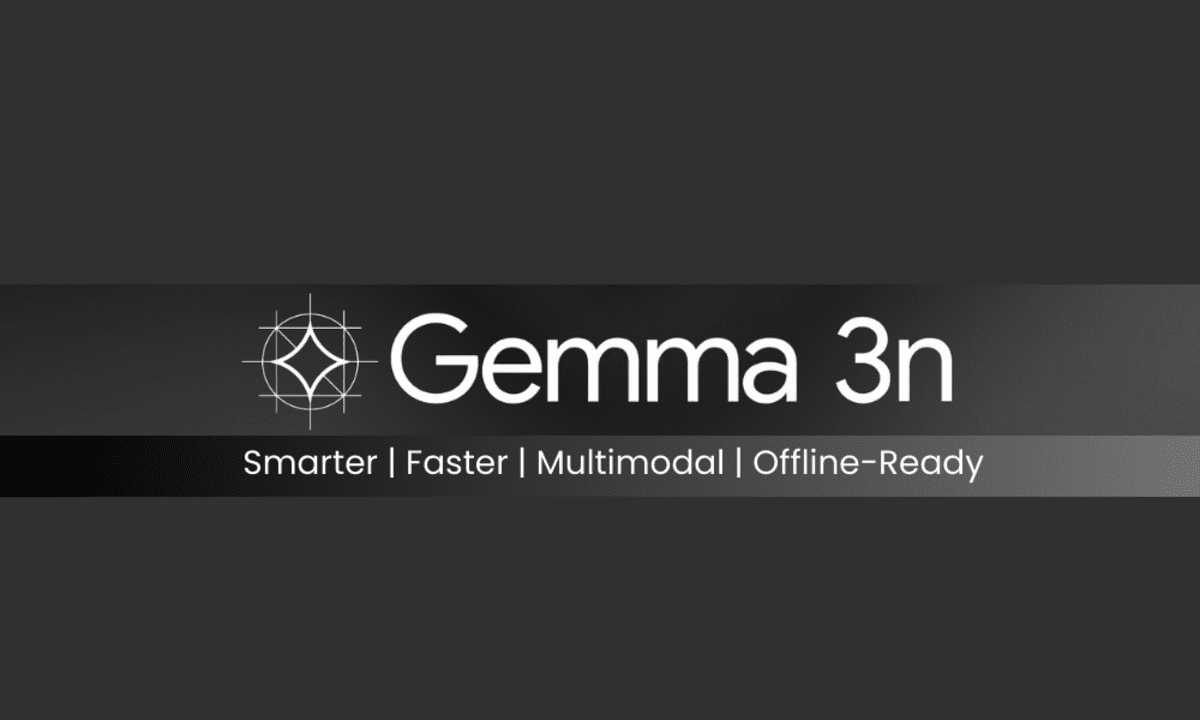















































































![[FREE EBOOKS] The Embedded Linux Security Handbook, Modern Generative AI with ChatGPT and OpenAI Models & Four More Best Selling Titles](https://www.javacodegeeks.com/wp-content/uploads/2012/12/jcg-logo.jpg)





![Laid off but not afraid with X-senior Microsoft Dev MacKevin Fey [Podcast #173]](https://cdn.hashnode.com/res/hashnode/image/upload/v1747965474270/ae29dc33-4231-47b2-afd1-689b3785fb79.png?#)
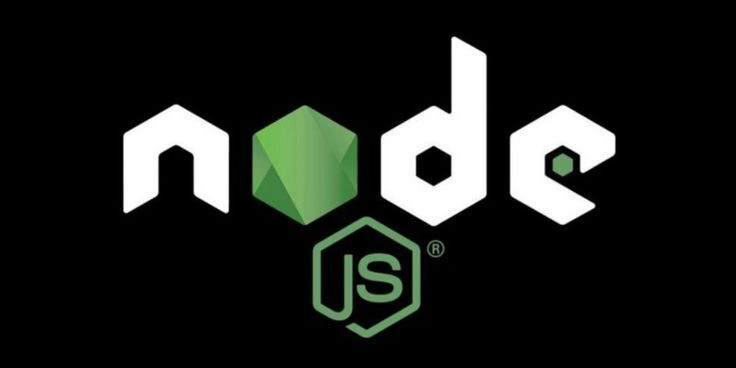
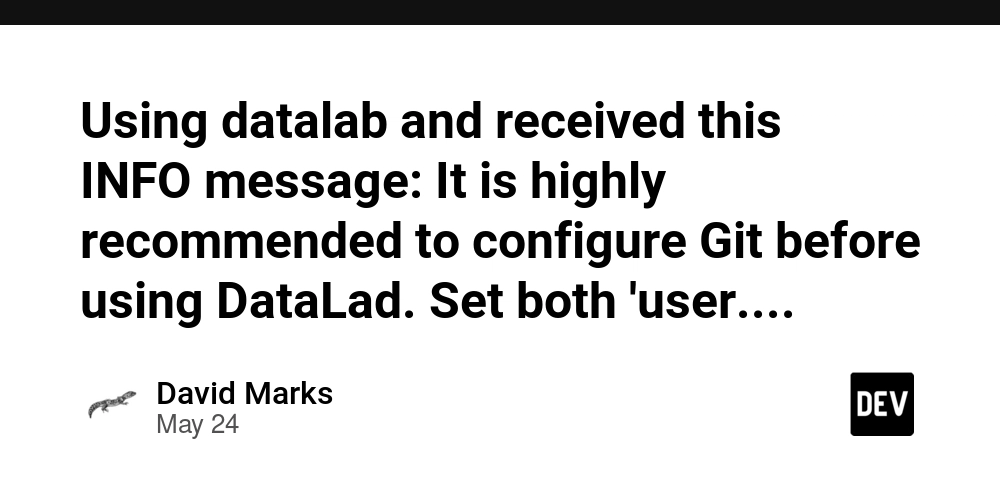







































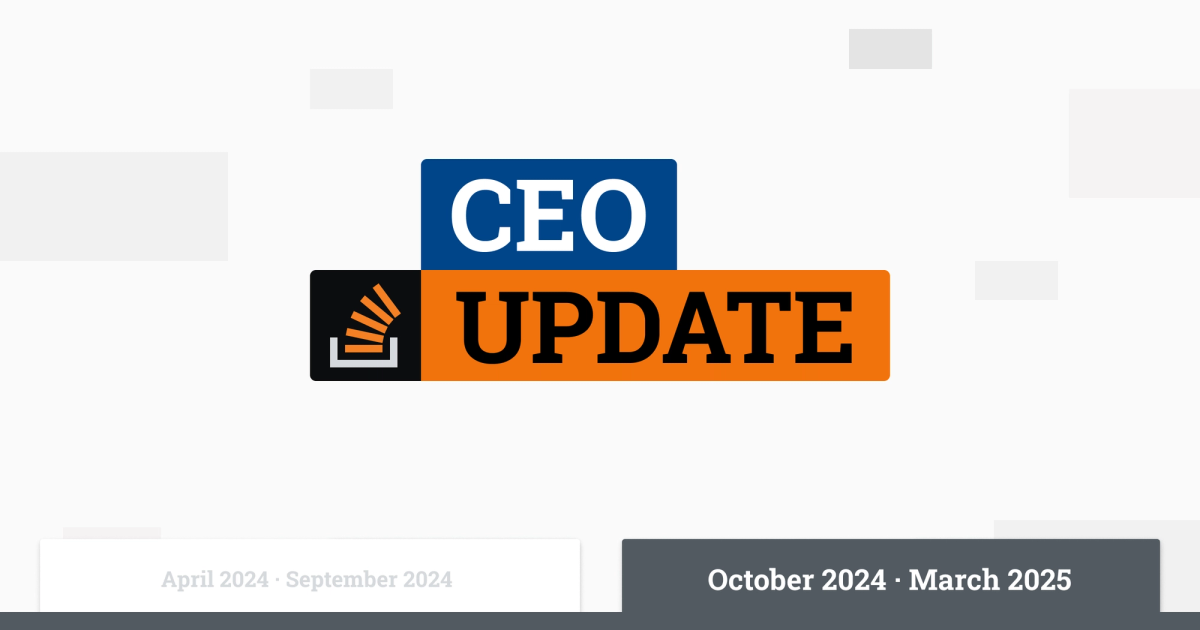




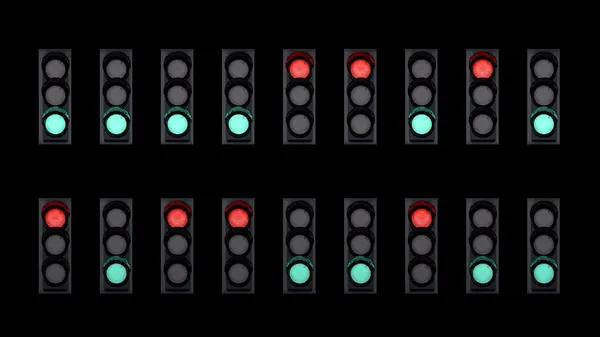



































































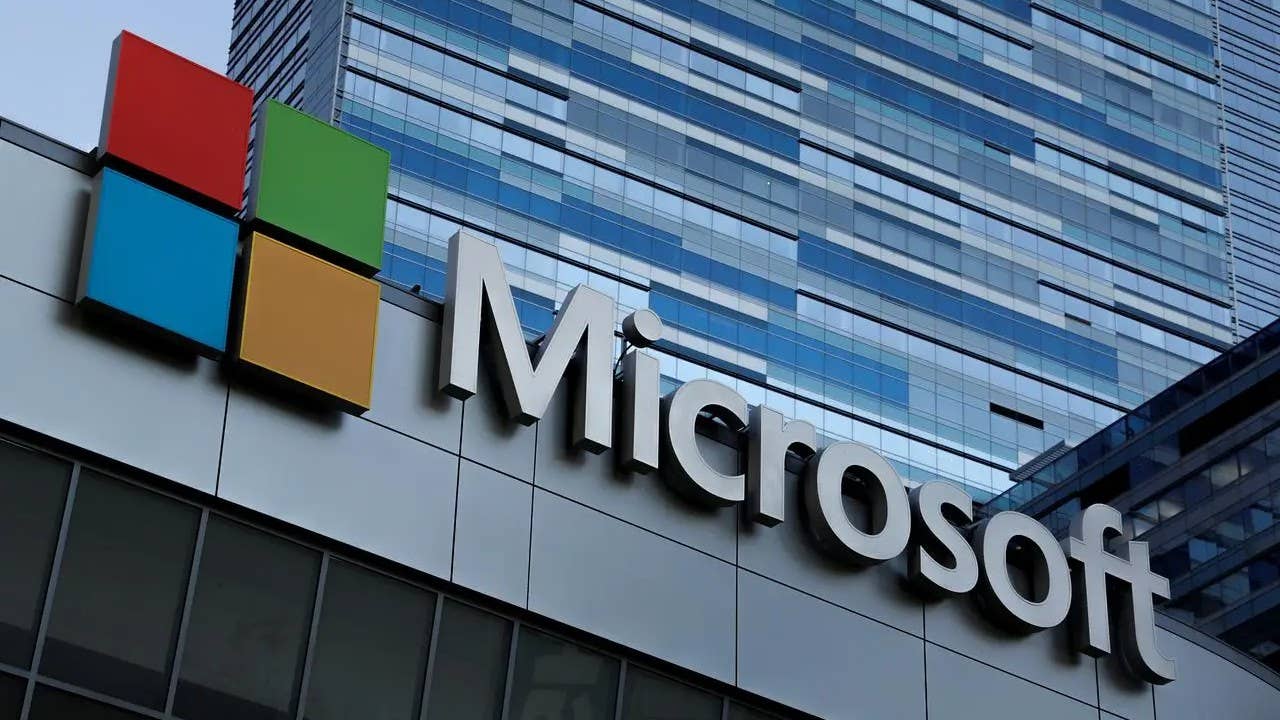












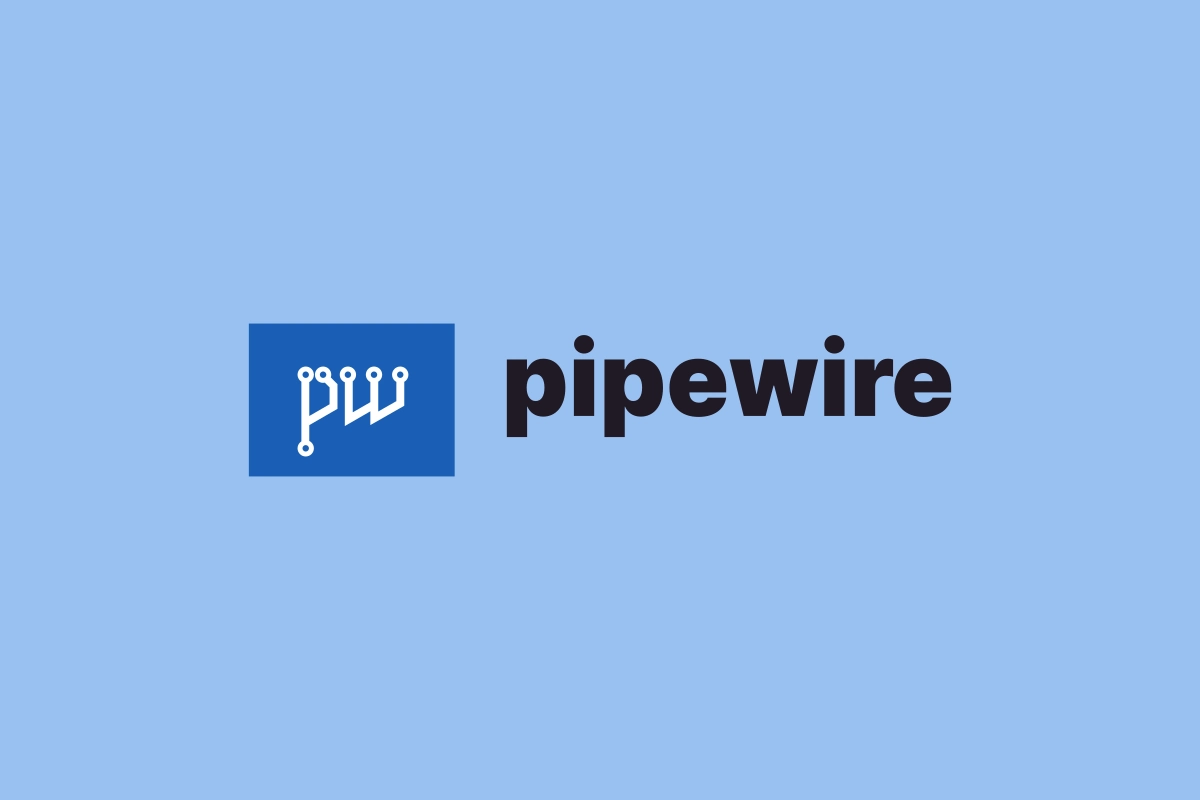







_David_Hall_-Alamy.jpg?width=1280&auto=webp&quality=80&disable=upscale#)
_Andriy_Popov_Alamy_Stock_Photo.jpg?width=1280&auto=webp&quality=80&disable=upscale#)























































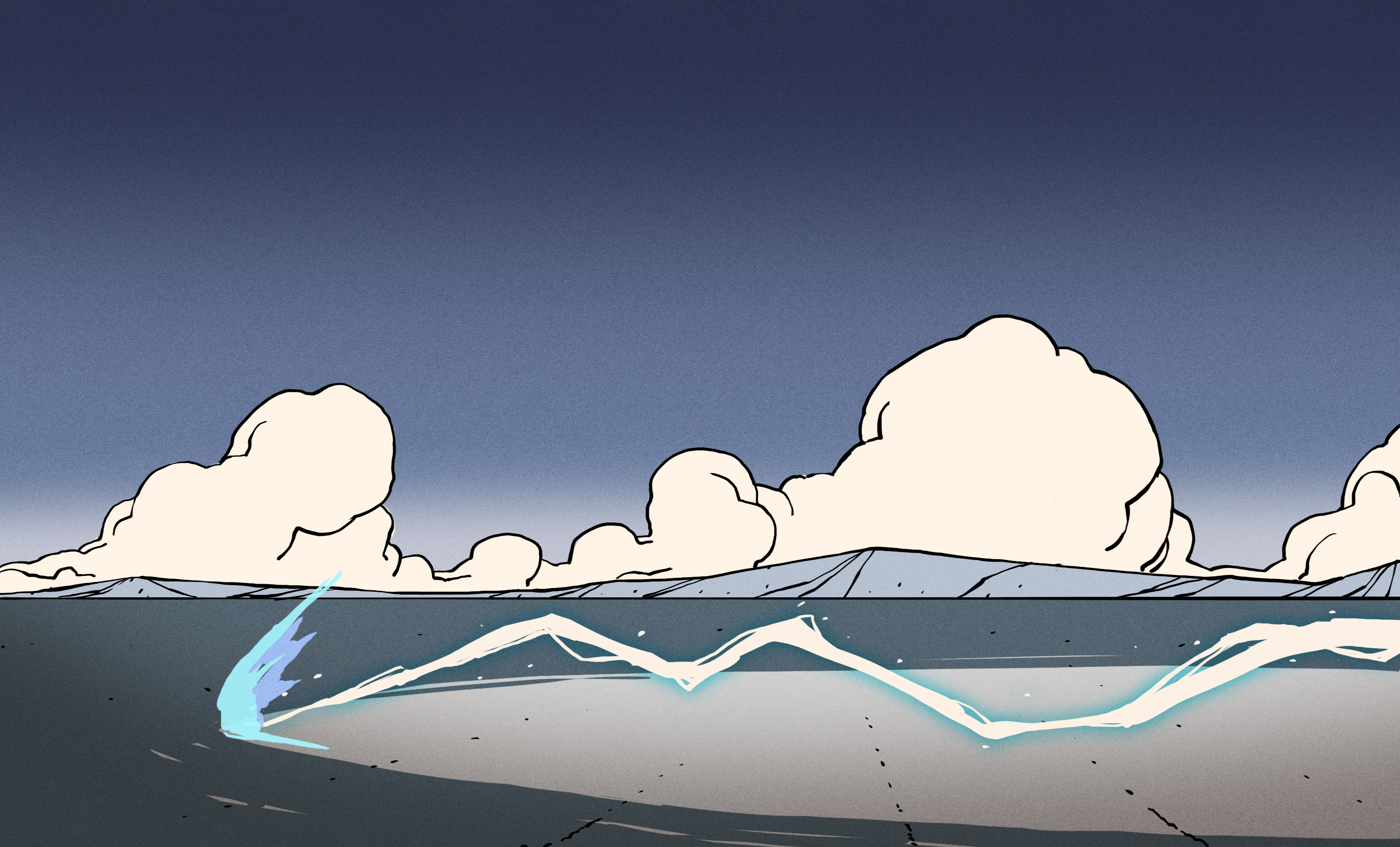
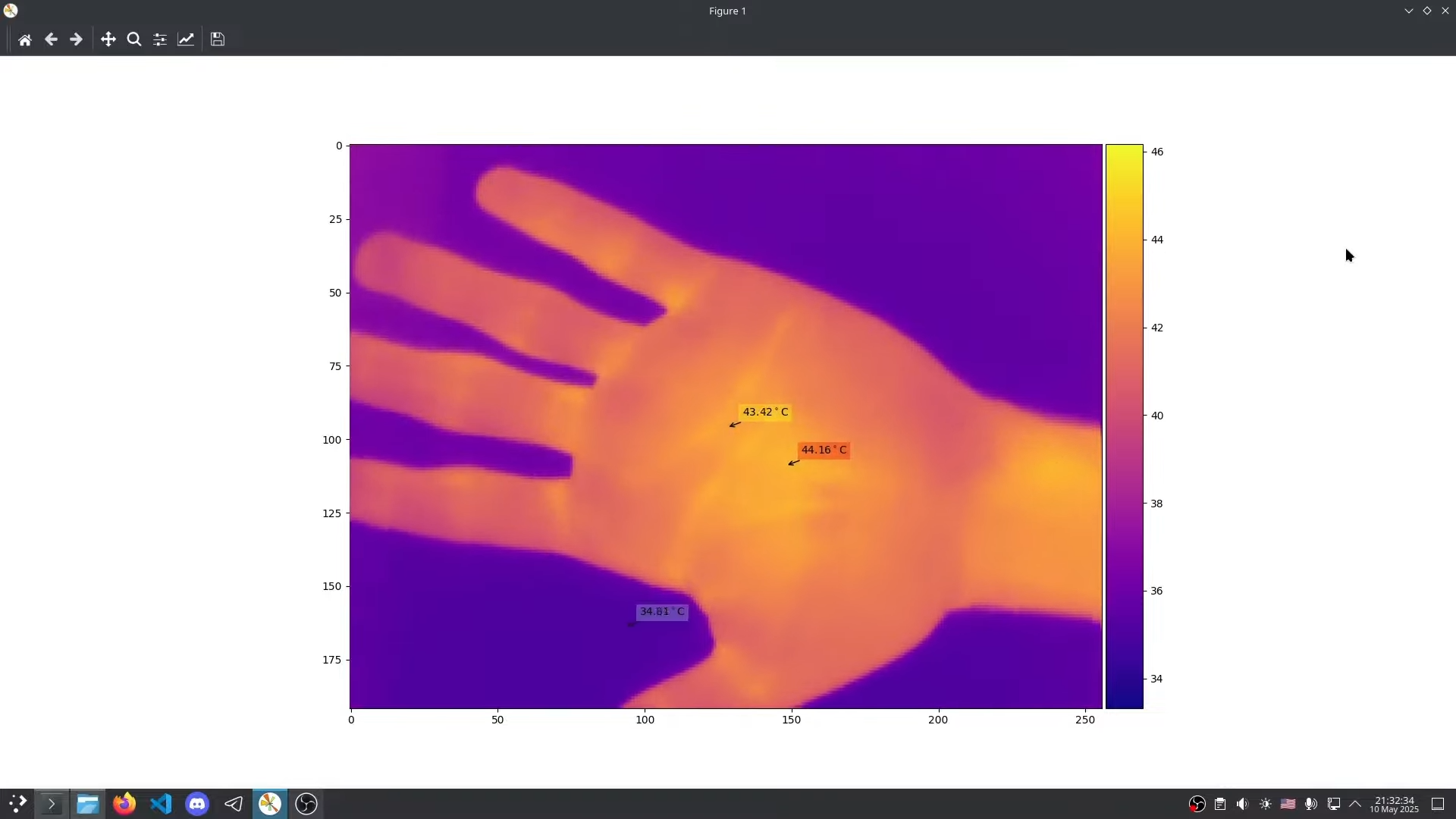






































![This ultra-thin Qi2 charger belongs in any travel pack [Hands-on]](https://i0.wp.com/9to5mac.com/wp-content/uploads/sites/6/2025/05/Kuxiu-FI.jpg.jpg?resize=1200%2C628&quality=82&strip=all&ssl=1)












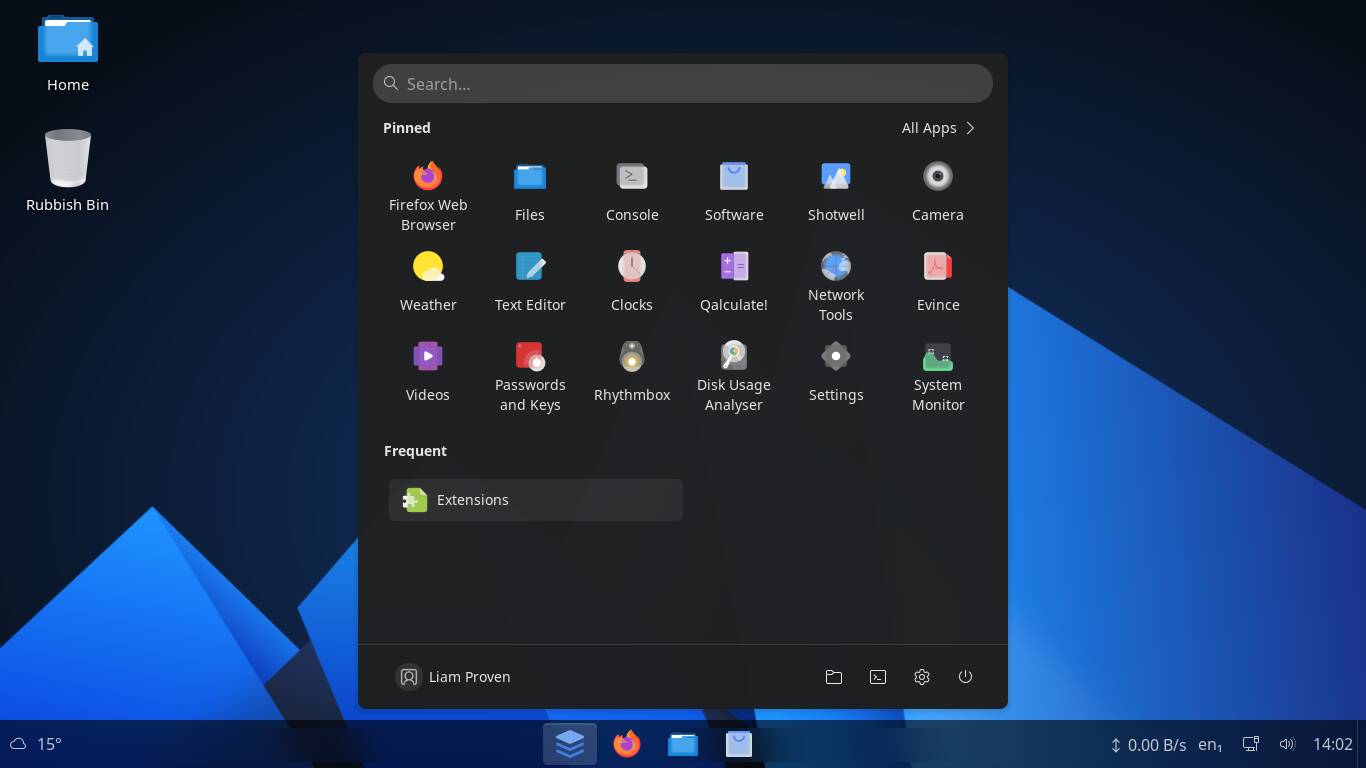
![Xiaomi Tops Wearables Market as Apple Slips to Second in Q1 2025 [Chart]](https://www.iclarified.com/images/news/97417/97417/97417-640.jpg)


![Apple Shares Official Trailer for Season 2 of 'The Buccaneers' [Video]](https://www.iclarified.com/images/news/97414/97414/97414-640.jpg)


















